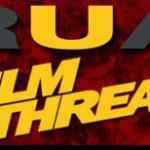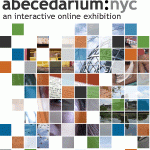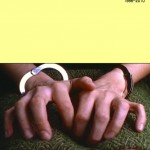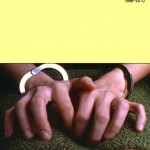Three Films by Lynne Sachs at Anthology Film Archives Sept. 24 & 25
Three Films by Lynne Sachs (Friday and Saturday) This review of recent work by one of the leading New York independent filmmakers includes the local premiere of “Wind in Our Hair,” a 41-minute video, made in Argentina with the collaboration of Leandro Listorti and Pablo Marin, that explores the world of four teenage girls, both as they imagine it and as it exists within the restraints of social reality.








